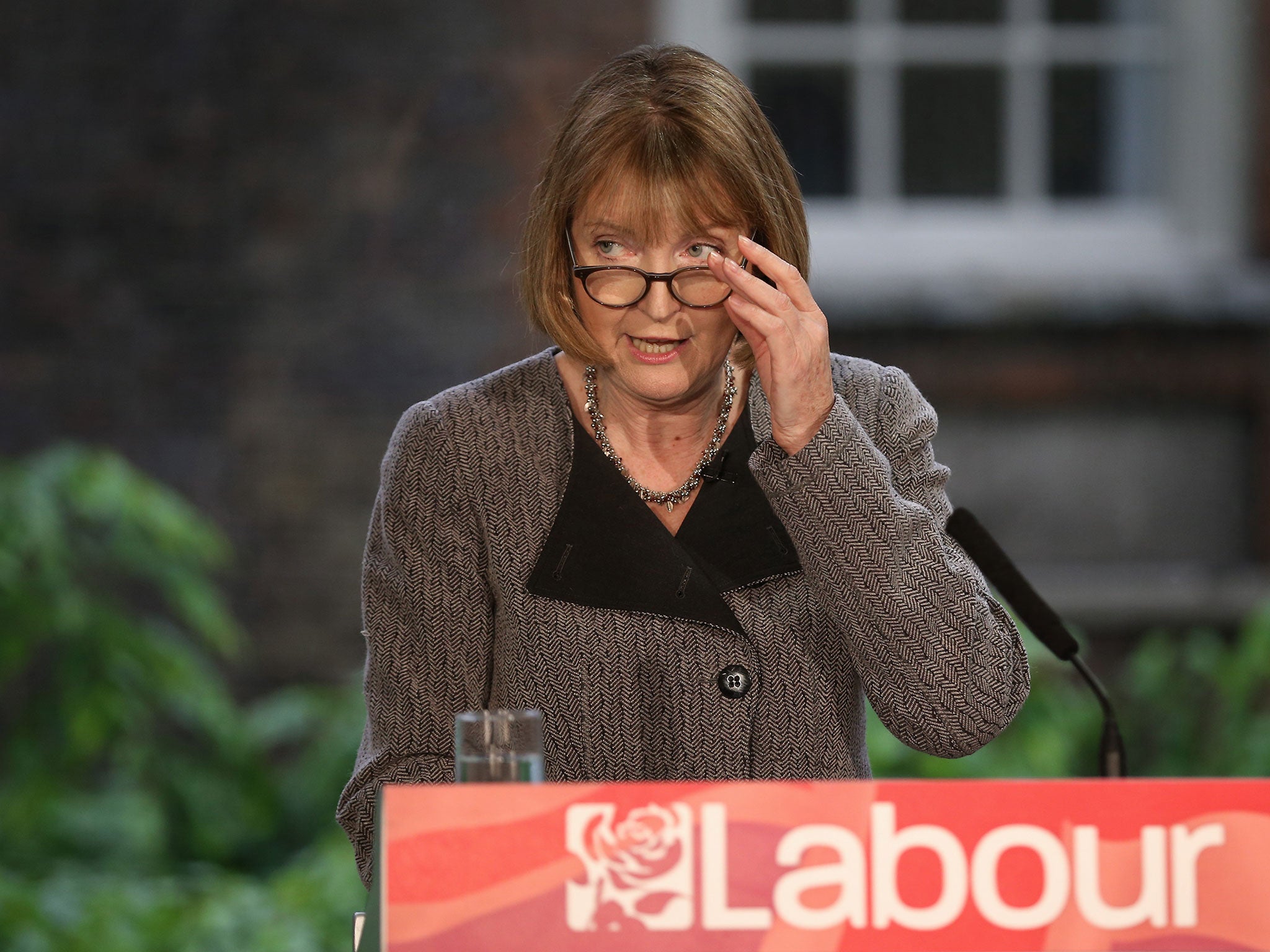With up to 100,000 now barred, Labour has become less a broad church and more a secret society
The purging process seems far more concerned with preserving purity than it does with genuinely upholding the democratic process

Labour is trying to accomplish the impossible: become electable while shunning voters. Thanks to Labour’s decision to purge its own supporters - a process predicated, in Harriet Harman’s words, on “letting the public in to see our arguments” and enabling the public to be “brutally honest about what they think of us and what they want from us” – it now risks descending into an anti-democratic farce. Harman’s announcement today seemed to concede that as many as 100,000 voters could have been blocked from the leadership vote.
As Stephen Bush has explained, what is occurring in Labour HQ is not, despite appearances to the contrary, a stitch-up aimed at eliminating as many Corbyn votes as party elites can get away with. The party is apparently more concerned with preserving its purity, viewing people associated with the Green Party or even Sandi Toksvig’s Women’s Equality Party as intruders rather than potential allies.
To this end, party staff continue to pore over blacklists containing the names of candidates for other parties, as well as celebrities who may have raised money for rival parties. To find evidence of ordinary voters' past affiliations and past views, cyber sleuths trawl through social media and are encouraged to use tweets or Facebook messages against unsuspecting registered supporters who aren’t toeing the party line.
Does it not occur to Labour grandees that this exercise is reminiscent of the McCarthyite “Have you ever supported” question? Are they simply ignoring the fact that sane human beings do occasionally change their minds (hence the existence of swing voters)? Or has it escaped their notice altogether that so many people are – at last – once more excited, inspired and enthused by our brand of politics?
One after another, yesterday’s commentators and politicians lined up to condemn Jeremy Corbyn as “unelectable”. And yet, on the ground, he inspires a passion, enthusiasm and hope that we have not seen in politics in this country for decades. His rally in Cambridge this week had to be postponed because the venue (capacity 1,800) was feared to be too small to accommodate the surging crowds. Most opinion polls have identified Corbyn as the candidate most likely to attract non-Labour voters to Labour in a general election.
Are the stunned party elites, who never expected to be dealing with a selectorate that has grown in size by about half a million, trying to make their prophecy about Corbyn's unelectability self-fulfilling?
Perception matters in democracy. If the results give rise to the stench of a stitch-up, the damage to the Labour Party may be irreparable. So much harm could be avoided if the party grasps a simple principle: You simply cannot have a democratic election where votes are fished out of a ballot box once they have been cast.
Labour is a democratic socialist party. That is what is written on our party membership cards. We must not discard democracy, the value that comes first.
Registered supporters have declared that they subscribe to the aims and values of the party. Unless there is conclusive evidence to prove otherwise — such as someone serving as an MP or councillor for another party — supporters must be taken at their word. For the party to sift through social media profiles in pursuit of incriminating evidence is sinister. A week is a long time in politics; floating voters drawn to Corbyn’s message of hope must not be punished for past views. We should welcome voters with an embrace, not a presumption of guilt.
Neil Kinnock recently remarked that even the broadest church has walls. But at the rate at which Labour is closing its doors to supporters, the party is at risk of appearing less a broad church and more a secret society.
Join our commenting forum
Join thought-provoking conversations, follow other Independent readers and see their replies
0Comments